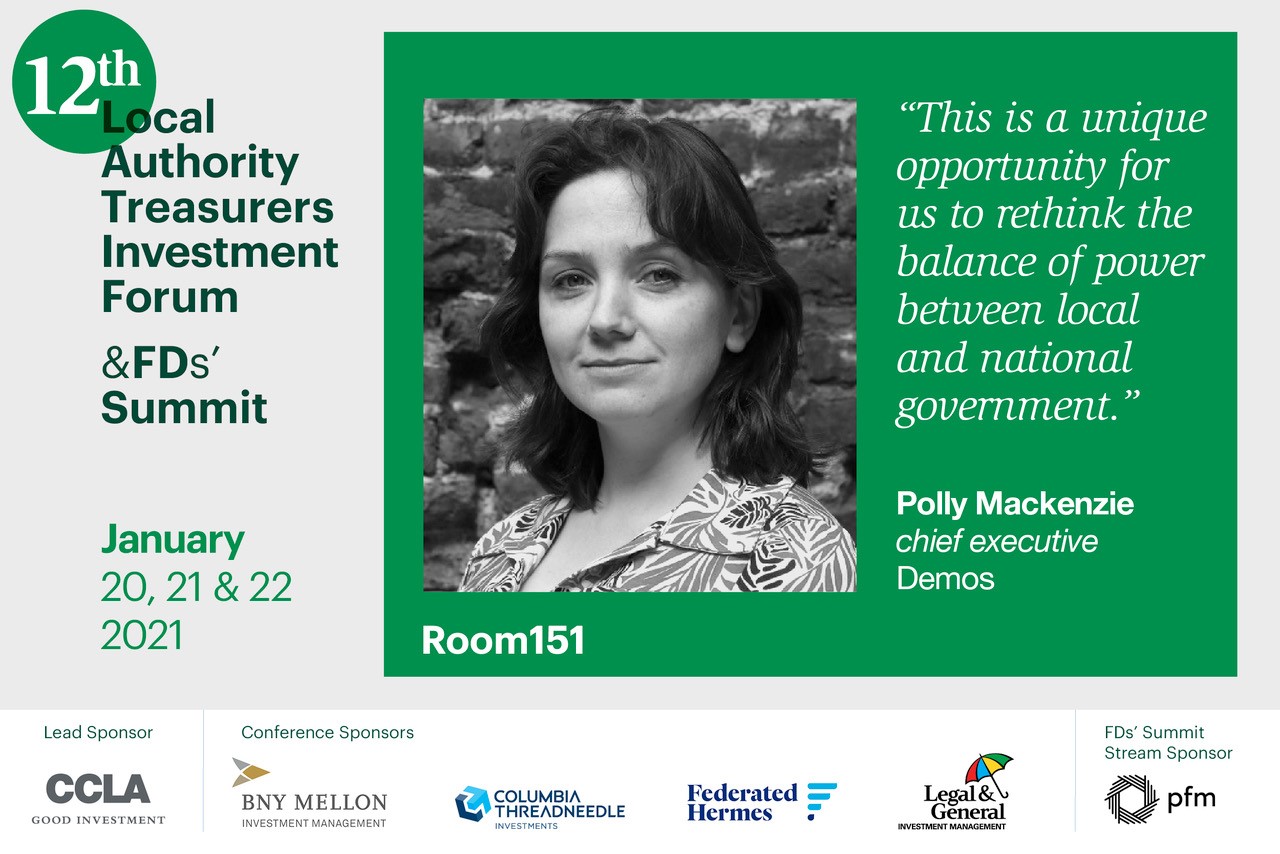
Many will rush to erase 2020 from their memories but, writes Tracy Bingham, there were also many lessons about finance teams, strategic planning and leadership.
2020: A year we’d rather all forget or, at least, mostly forget. But “twenty twenty”, when paired with the word “vision” can also be used to describe clarity. This year definitely brought clarity for some.
Reflecting on the past 12 months, there’s a few things that really jump out clearly for me.
Engine room
An obvious one is how much our finance teams are the engine room of local government. My own team has been critical in understanding the impact of Covid-19 and understanding it well enough to be able to join others in calling for additional financial support from government. They’ve enabled the organisation to have a handle on what’s happening and a means by which the cost of decisions have been understood.
Of course, you wouldn’t expect anything less would you? In a crisis, teams need to bring forward their core competencies. Finance has certainly been relied upon. As we head into a new era of recovery, one of the things I’ll be looking to progress is how we pick up where we left off in upskilling our non-finance managers to better grasp and play their full role in managing the organisations finances.
Plans
Another reflection is around our financial strategy and how Covid-19 has influenced our future plans. By the time the pandemic hit we had spent two years working on ways to deal with forthcoming changes in local government funding.
Our resulting programme design was a blend of being more efficient and effective, but mostly acting more commercially and taking more risks to earn better returns. Almost overnight the pandemic exposed the vulnerability of some commercial approaches and it was back to the drawing board we went.
The platform was still burning (and actually burning hotter now) but it really wasn’t the right time for us to be pursuing property deals.
I’m sure many councils, like ourselves, have used the pandemic as an opportunity to take a rain check. In-year deficits caused by the pandemic are a clear enough reason to start to look at spending, without the threats of funding changes on their way.
Comfort blanket
For now, at least, the spending review has given us a vague promise of a comfort blanket for next year: another delay in the rebasing of business rates; an allocation of new homes bonus reward; and further emergency funding and income and collection fund loss support.
It will be interesting to see how council’s respond to the funding changes when they are enacted. The innovation to achieve self-sufficiency has long been encouraged by central government but additional restrictions on the ability to borrow, coupled with a lack of any more assurance over sustainable funding, is going to give CFO’s their biggest headache yet.
Strategy & grants
Going into the New Year, I’m looking forward to developing our refreshed financial strategy—one that takes account of the lessons of this year and balances risk and realism but also maintains the ambition needed for an organisation to make meaningful and lasting change.
One part of my role I’ll be keen to move on from this year is business grants. I’m pretty sure there isn’t a CFO in the country who doesn’t feel the same. It’s been a slog. In the early days, there were league tables, political pressure and complaints from businesses for whom the few breadcrumbs offered through a discretionary scheme (because they weren’t ratepayers) just weren’t enough.
The summer holiday months seemed to bring some calm as the complaints dwindled and the straggler cases made their way through the system. But then along came post-payment reporting and the sheer weight of expectations hit home. Non-finance colleagues thought it was all over (and it probably did look that way from the outside) but typically, some of the real hard graft had only just begun.
Just as we were safely in Tier 1 with no threat of Tier 2 in sight we had started to plan our discretionary schemes ready for any local lockdowns. All was going well until the prime minister made his spooky announcement on Halloween. The weeks that followed were an intense blend of attending live streams and waiting on revised guidance and FAQ documents—proving yet again that central government departments themselves can’t even keep the up the pace!
Lead role
If I’ve learnt anything following this year it’s been that finance will bring to the table some of the best examples of analytical thinking, problem-solving, data analysis, risk analysis and management skills your organisation has. So, they must a lead role in any crisis response, or indeed recovery. But I’ve also learnt that we don’t have many of these heroes and they need nurturing, supporting and forced to take a break.
Tracy Bingham is head of finance and section 151 officer at North West Leicestershire District Council.
Photo (cropped): Anne Nygård on Unsplash
FREE monthly newsletters
Subscribe to Room151 Newsletters
Monthly Online Treasury Briefing
Sign up here with a .gov.uk email address
Room151 Webinars
Visit the Room151 channel














